US President Joe Biden said Israel should hold off on retaliatory strikes on Iran's nuclear facilities, as Group of Seven nations seek to contain an escalating conflict that threatens to drag Washington deeper into the conflict,
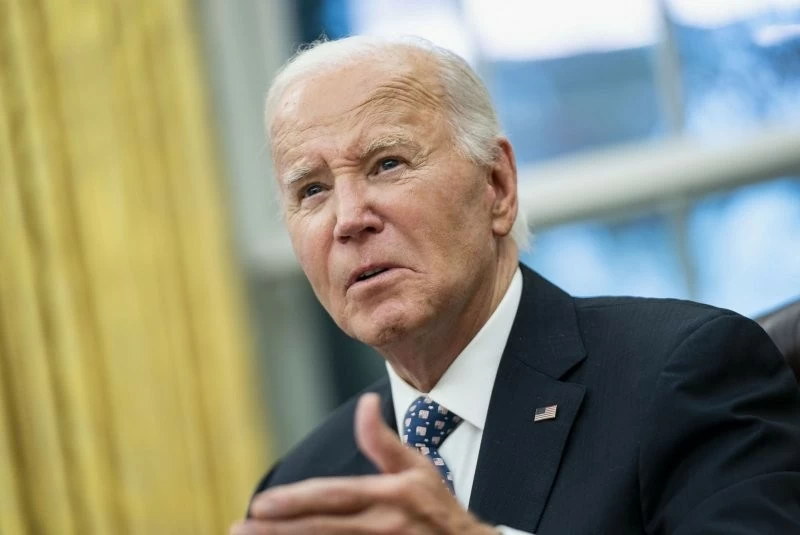 |
| President Joe Biden opposes Israel's attack on Iran's nuclear sites in response to missile attacks on the country's territory. (Source: UPI) |
President Joe Biden on October 2 opposed Israel's attack on Iran's nuclear sites and urged Tel Aviv to respond more moderately to Tehran's missile attack on October 1, while also worrying about a conflict spreading across the Middle East.
Mr Biden said he would speak with Israeli Prime Minister Benjamin Netanyahu and stressed that the G7 planned to issue a statement to prevent further escalation, while imposing new sanctions on Iran.
“All seven of us agree that Israel has the right to respond, but it must respond in a proportionate manner,” Biden said.
The move marks a new effort by the US to restrain Israel. Previously, Tel Aviv always ignored Washington's calls for a ceasefire in Gaza, on October 2, Israel continued to carry out attacks on Hezbollah forces in southern Lebanon, despite pressure from the US to reduce tensions on this front.
The prospect of a de-escalation of the conflict became even more remote when Iran fired about 200 ballistic missiles at Israel on October 1.
Several rockets damaged Israeli military positions. On the Lebanon front, eight Israeli soldiers were killed in clashes with Hezbollah, the first casualties for Tel Aviv in a wide-ranging offensive against Iranian-backed militias in the region.
Prime Minister Netanyahu's government has threatened to retaliate against Iran. In addition, Yair Lapid, the leader of the opposition and former prime minister of Israel, said Iran would pay a heavy price. Naftali Bennett, one of Netanyahu's opponents, called on Tel Aviv to "destroy Iran's nuclear program and its vital energy facilities."
These calls reflect a shift in Israel’s approach to conflict. In April 2024, when Iran launched missiles at Israeli territory, the Middle Eastern country responded with a strike on a Tehran air base that caused no major damage. Now, however, Tel Aviv is considering more aggressive response options, including strikes on oil infrastructure or military bases in OPEC-member Iran. The worst-case scenario would be for Israel to attack Iran’s nuclear facilities.
The current conflict in the Middle East began when Hamas launched an attack on southern Israel on October 7, 2023, killing 1,200 people and capturing 251. Israel immediately retaliated in the Gaza Strip, killing more than 41,000 people.
Since the conflict began, the US has increased its military and financial support for Israel, and Biden administration officials have spent months urging Tel Aviv to show restraint in its operations in Gaza and now Lebanon.
The fighting has now spread across the region, with Israel carrying out airstrikes in Yemen, attacking Hezbollah in Lebanon and continuing its campaign in Gaza. Israeli airstrikes in Lebanon have killed hundreds of civilians.
Tel Aviv said on October 2 that it was sending reinforcements to southern Lebanon. Israeli warplanes launched new airstrikes on Iran-backed militias, while Hezbollah continued to fire rockets at towns in the country.
For its part, Iran warned of greater consequences if Israel continued to attack. Iran's Ambassador to the United Nations Amir Saeid Iravani said on October 2 that every action taken by Tel Aviv would not be overlooked but would have consequences.
“Iran is fully ready to take further defensive measures,” Mr. Iravani stressed.
On the same day, UN Secretary-General Antonio Guterres said it was time to stop the spiral of escalation that "pushes the people of the Middle East to the brink."
Source: https://baoquocte.vn/my-tim-cach-ngan-can-israel-tan-cong-cac-co-so-nhat-cua-iran-tranh-kich-ban-toi-te-nhat-288559.html






![[Photo] Vietnam shines at Paris International Fair 2025 with cultural and culinary colors](https://vstatic.vietnam.vn/vietnam/resource/IMAGE/2025/5/4/74b16c2a197a42eb97597414009d4eb8)

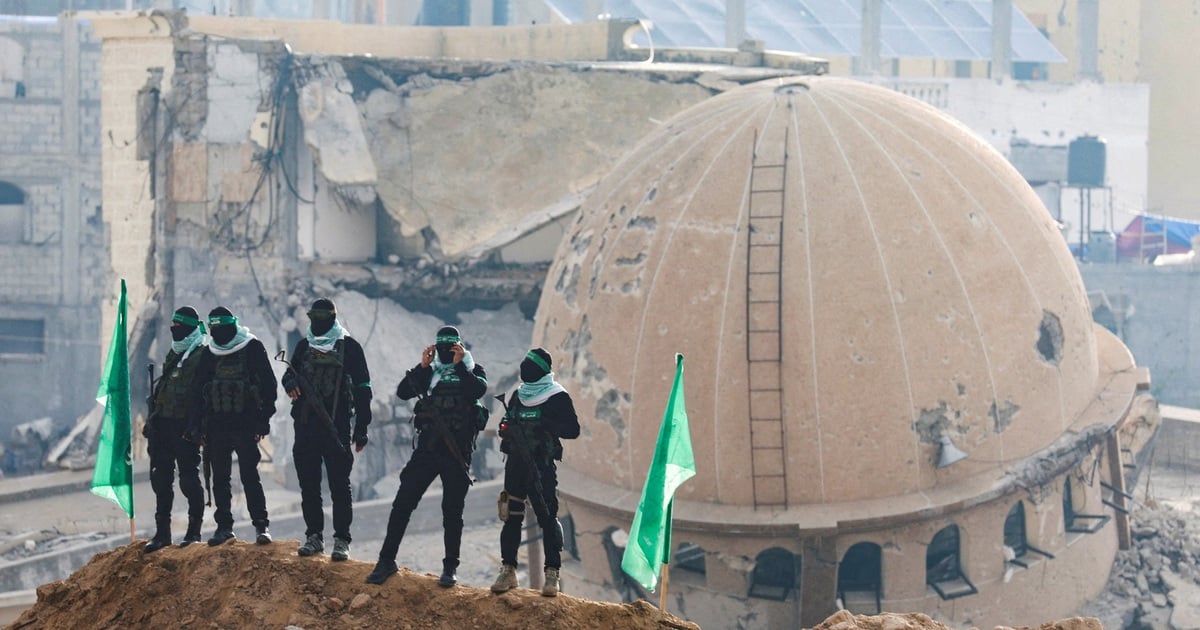

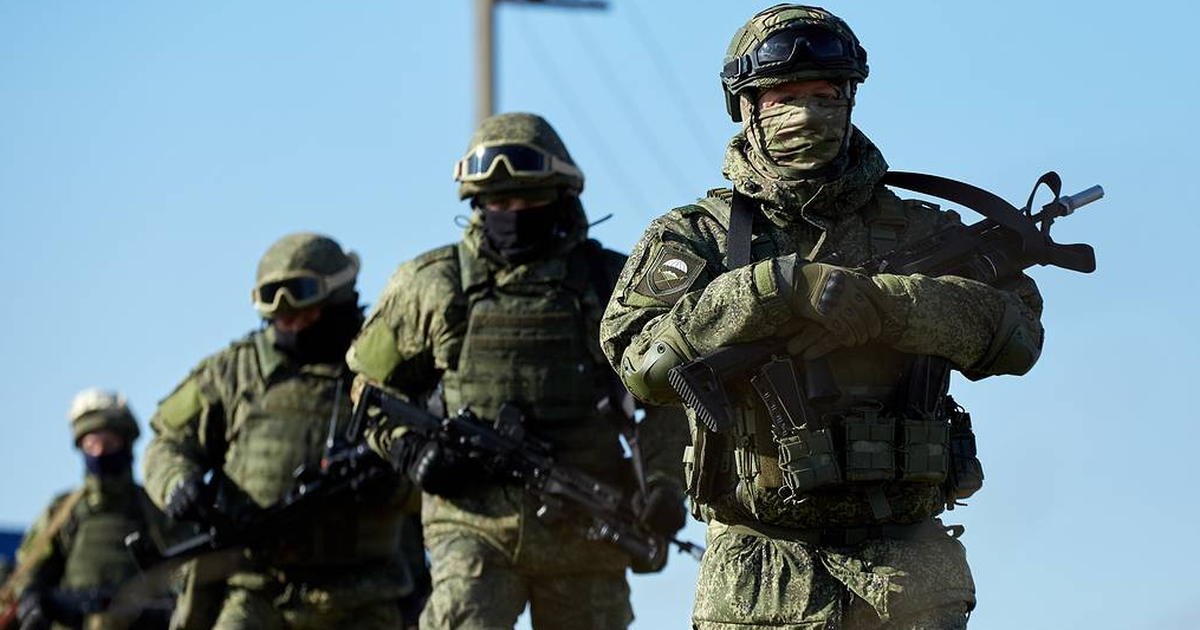
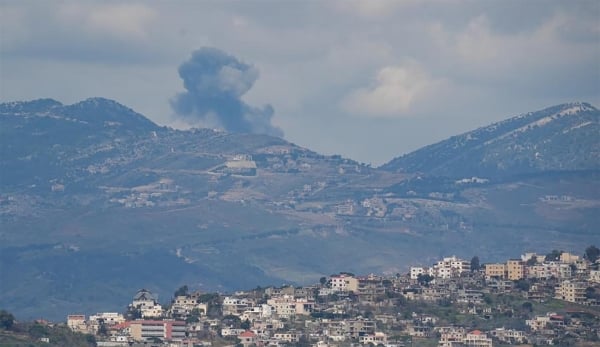


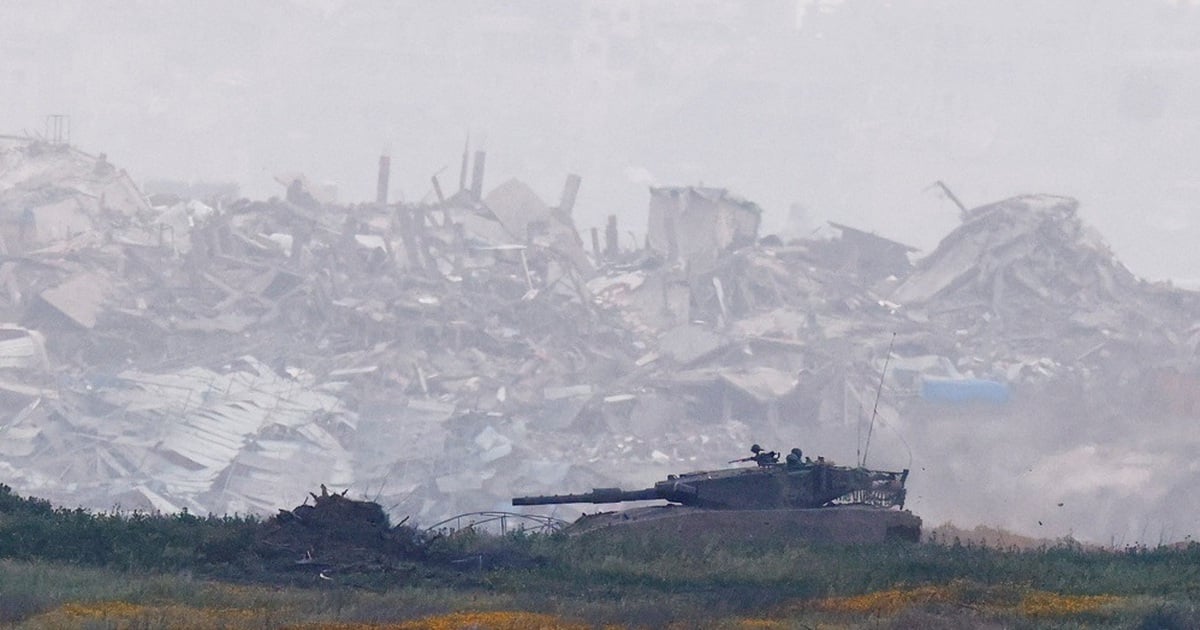





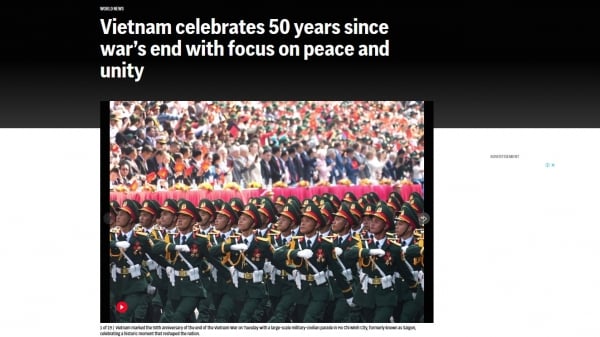

















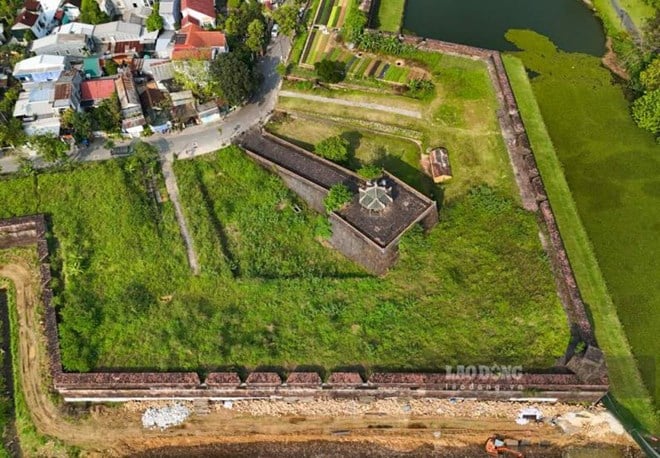




































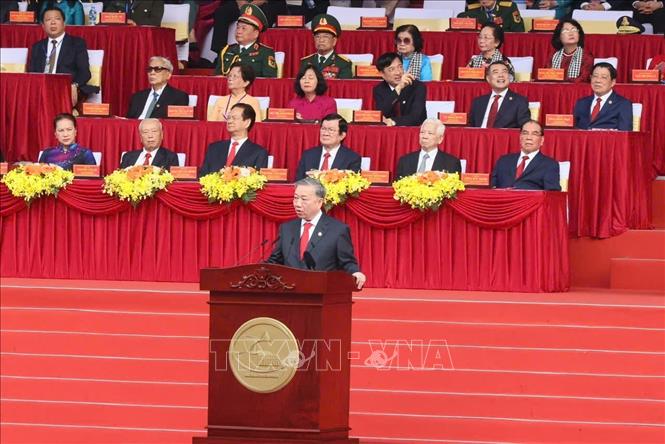








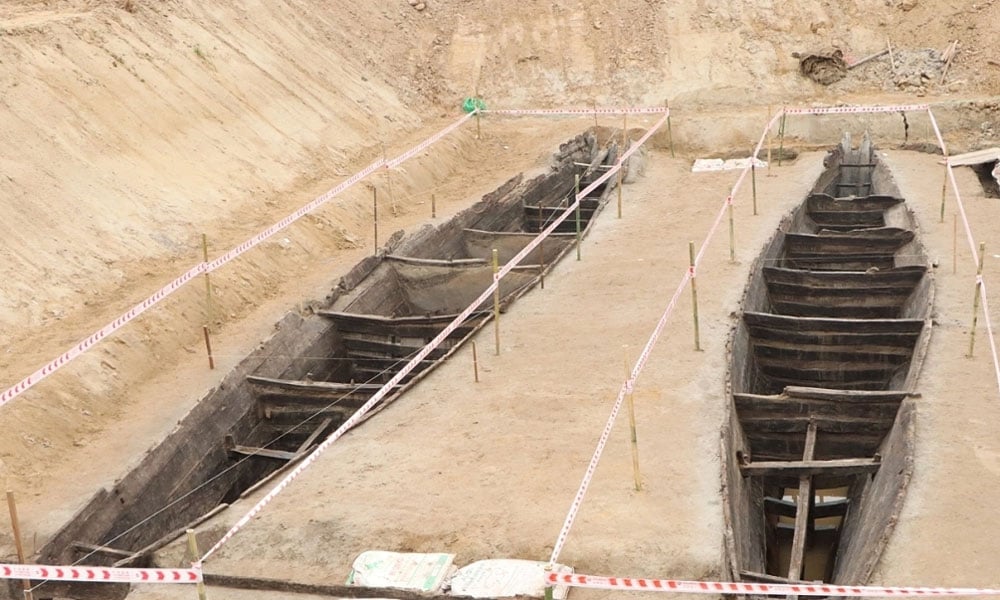







![[Video]. Building OCOP products based on local strengths](https://vstatic.vietnam.vn/vietnam/resource/IMAGE/2025/5/3/61677e8b3a364110b271e7b15ed91b3f)




Comment (0)